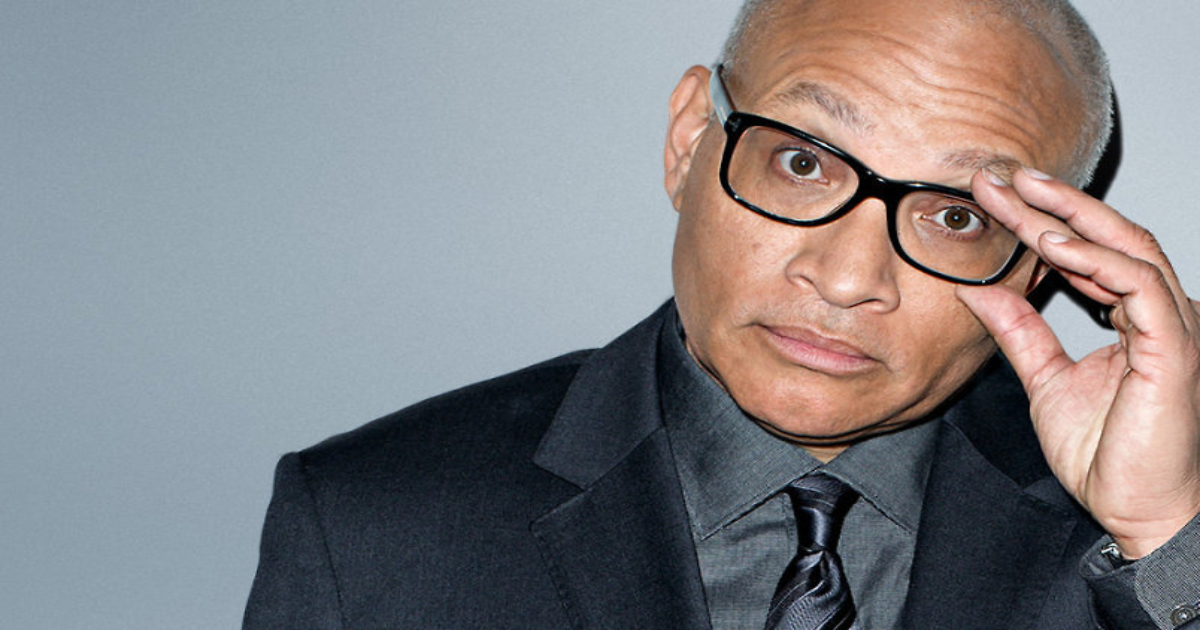America’s Public Broadcasting System, or PBS, is surrendering to private influence of the Billionaire industrialists, the Koch Brothers. “Citizen Koch,” a documentary that exposes the money driven politics that influenced the Wisconsin uprising, was rejected by PBS for fear of offending one of its key contributors, David Koch. The move by PBS was not the failed negotiation as they suggest it was, but a censorship, against their better judgment, to protect the hand that feeds them.
The Koch Brothers are infamously known for their strongly conservative politics and their efforts to finance a network of advocacy groups designed to push the country to the right. Their philanthropic contributions have expanded to control of the media over the years. According to Jane Mayer of the New Yorker, David, the younger Koch brother, has donated twenty-three million dollars to public television, and serves as a trustee on the boards of WGBH and WNET. Their influence on the media doesn’t just end with public television, news reports have suggested that the brothers are considering buying eight daily newspapers.
“Citizen Koch,’’ directed by Academy Award nominated filmmakers Carl Deal and Tia Lessin documents how the U.S. Supreme Court’s ‘Citizens United’ decision opened the door to dirty, money-driven, political campaigns backed by donors like the Kochs. It highlights their involvement in the election of Wisconsin Governor Scott Walker in 2012 and how the Koch brothers came to his aid when the Wisconsin uprising broke out over his effort to limit collective bargaining.
The film was originally intended to appear as a part of “independent Lens” series nationwide on PBS stations until its funding was pulled after David Koch publicly offended by another PBS documentary that criticized billionaire industrialist.
PBS’s censorship was caused by a “Park Avenue: Money, Power, and the American Dream,” a documentary released last fall that shed light on the growing economic inequities of America, focusing on the exclusive wealth on one side of Park Avenue and the contrasting lives of the low-income families found on the other end of Park Avenue, in the Bronx. Much of the scrutiny was directed at David Koch, which ultimately caused PBS to end further scrutiny of their much needed benefactor.
After the film aired, the producers of the “Citizen Koch,” The Independent Television Service (ITVS), insisted that the name of the documentary needed to be changed and the influence of the Koch brothers be downplayed.
David Koch resigned from the WNET’s board as a result of his refusal to back a media organization that had so unsparingly covered its sponsor, reportedly cancelling a possibly seven-figure donation in the process.
This recent event has brought attention to private money in the public sector, such as public television. The filmmakers of “Citizen Koch” said this is an ironic turn in a statement: “It’s the very thing our film is about—public servants bowing to pressures, direct or indirect, from high-dollar donors.”
Sara Papantonio is a writer and researcher for Ring of Fire.

